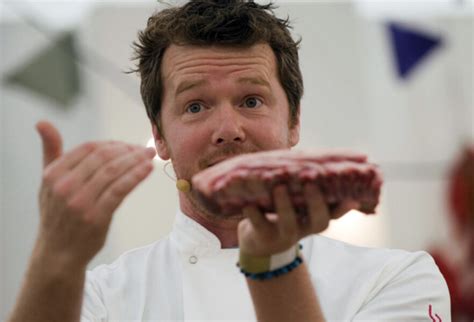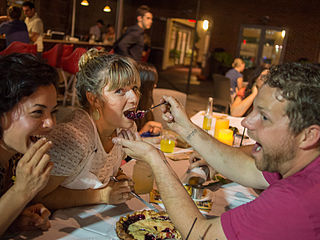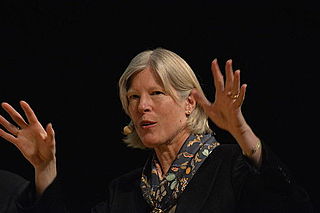A Quote by Arthur Potts Dawson
About 30% of fresh food is thrown away in supermarkets every day, although they will deny it. British households are throwing an estimated 30% of their food away, too.
Related Quotes
We should all remember... that throwing food away is like stealing from the tables of the poor, the hungry! I encourage everyone to reflect on the problem of thrown away and wasted food to identify ways and means that, by seriously addressing this issue, are a vehicle of solidarity and sharing with the needy.
I make my food in such a way that people can eat it every single day. My dad passed away from a heart attack, so it's always been very important for me to make food I love, the food we made growing up, but in a way that it won't be harmful to my body or to the people I love. Just as long as it's not boring. It has to be flavorful and delicious.






































